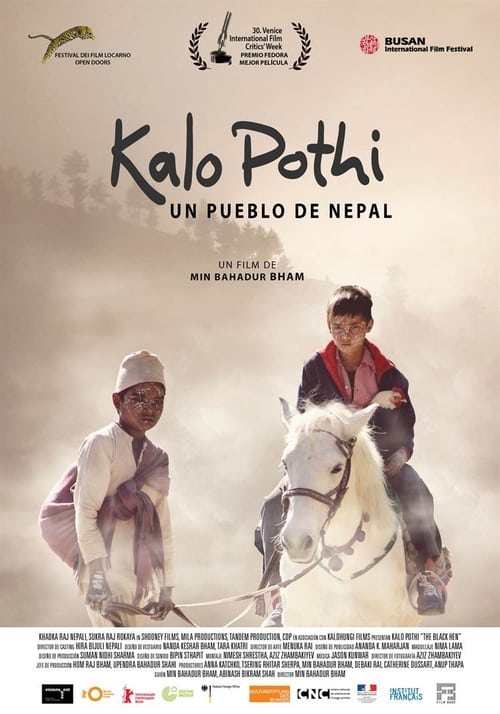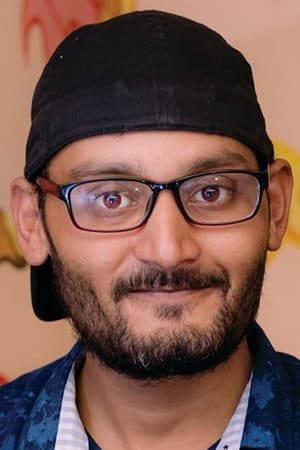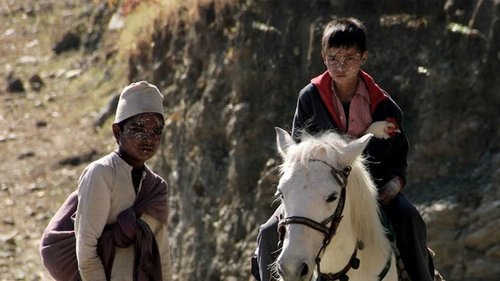
Aqueronte72
7
|
feb. 25, 2025
Heartbreaking fresco. It exhibits social alienation - the first moment before political fanaticism - in the face of precariousness and scarcity of cultural offerings. The best official pretext to rule over others, the government. The best government, the one that ascended with the purpose of ordering over the others. Did the Nepalese need the Maoists' so-called revolutionary ideas of left and justice? The recruitment is effective, they absorb the fragile minds of infants in the Dhuma communities of Tuma, and little Prakash is saved because he is small. His world is his chicken Karishma, at least it was before his father sold her for 600 rupees. But they don't allow him to play with Kiran, bad influence? But little Prakash is not doing so badly, because he is small. Let's look at Surbir instead, they did not even respect the wedding and on the eve of the Dashain Festival he is arrested but not by the government, but by the Maoists. So it's hard to answer "No" to my question. Their cause is just, but if I say "supposedly revolutionary" it is because it is the Maoists themselves who broke the ceasefire established by the government.
Prakash's teenage sister Bijuli lends him the money to get the chicken back but Kirán's grandfather, taking a clay pot bath outdoors in a must-see mountain scene, tells him that the chicken has sent her with his pregnant daughter to Serog. Very far. When at the end of the story, both dear friends, Kirán and Prakash, manage to pass the government surveillance fence towards Serog, Prakash misses saying that Bijulí is part of the Untouchables, a metonymy with which the Maoists are designated. Then the friend feels betrayed and they fight. I ask myself again, did any of these friends need the Maoists? It is horrifying to read the epilogue, more than 13 thousand dead in just 10 years of civil war.












